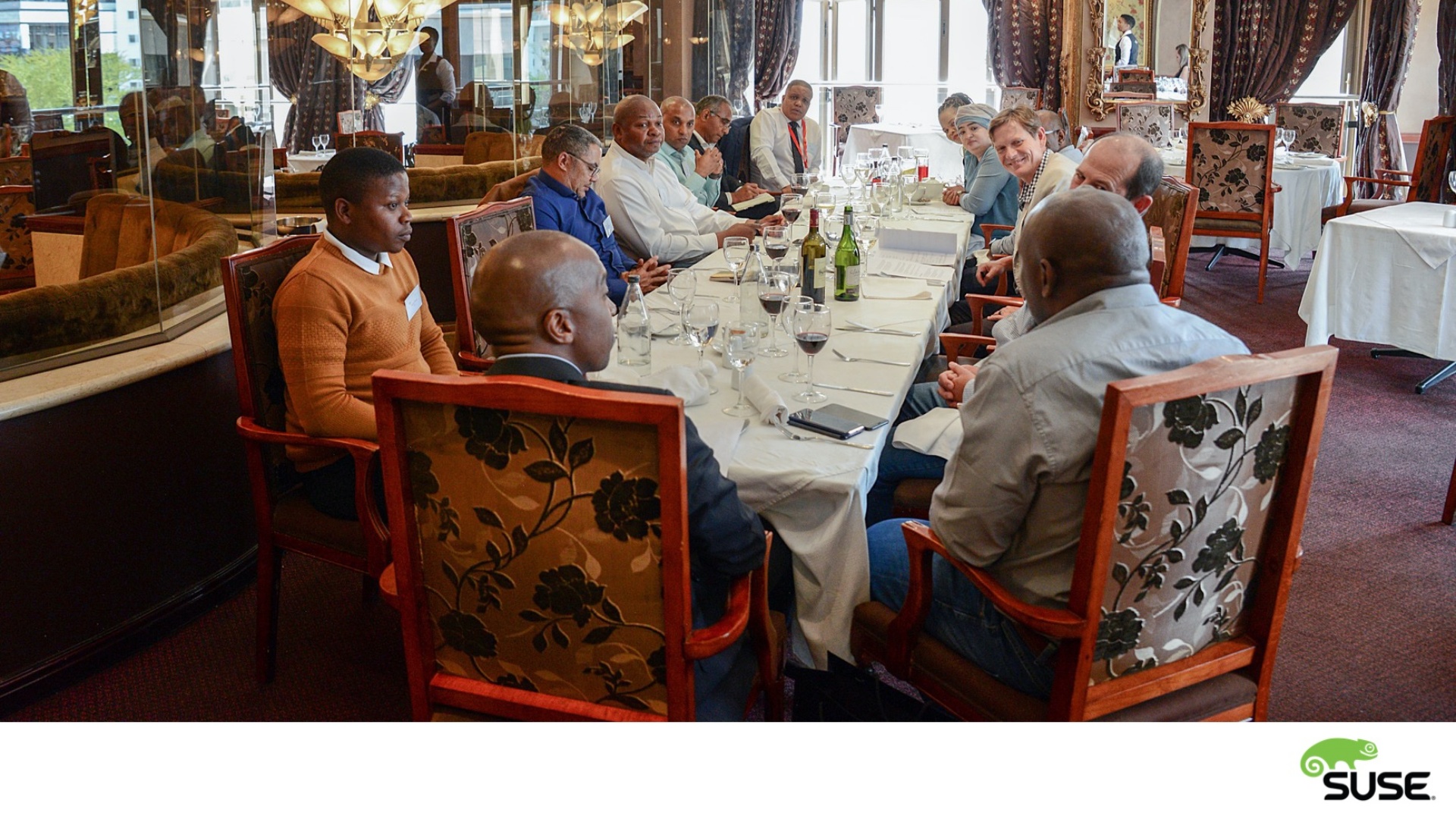The need to digitally transform has never been greater than it is today, with the requirement to make strides on this front for businesses promulgated by the chaos of the pandemic during the past couple of years.
This global watershed event revealed several holes within the enterprise, and those organisations that were not already on a digital transformation journey, quickly found themselves being left behind.
With each passing day, the need grows and distance between industry leaders and laggards increases, but there is a way to supercharge your digital transformation to keep pace with competitors – Kubernetes.
This open-source container orchestration has proved near revolutionary in terms of improved application development, release cycles, optimised IT costs and more, when rolled out in an enterprise cloud infrastructure.
Its open-source nature is why software specialists SUSE are big fans of Kubernetes too, but before you implement it into your environment, there are a few elements to consider first. These range from best practices for container management, to security solutions in the open-source community, as well as making your container strategy successful, to name a few.
These are some of the areas that SUSE’s experts recently touched on at an executive roundtable hosted in Johannesburg, where the value of open-source technologies when it comes to digital transformation was unpacked.
All aboard
While you may be forgiven for thinking that SUSE is solely thinking about open-source given that this is the sector it knows intimately, key players in the technology landscape are increasingly adopting open-source technologies for many reasons.
One of the most important is cost, as SUSE specialises is selling subscriptions to software. As country MD for South and Sub-Saharan Africa at the company, Victor Gabuza, points out, one of the biggest challenges facing SUSE is getting smaller enterprises to understand the model.
Here he notes that larger enterprises have a firm grasp of the open-source concept, mainly as their current environments are leveraging subscriptions in a fundamental way.
“The enterprise customers that we deal with understand our model, and they have no doubts when they see that we are a through and through open-source company. When dealing with big enterprise customers, and their extensive license agreements, they fully understand how pricing and metrics work,” he explained.
“With us (SUSE) you don’t have to buy any entitlements. You download for free for instance and the only thing you pay for is the subscriptions, especially if you are going to move your workloads into production for mission critical workflows so you are not exposed,” added Gabuza.
The country MD also emphasises that one of the key values that open-source brings to the table is agility. Many executives at the roundtable spoke of their desire to implement new solutions or technologies rapidly in their environment, and should they fail, be able to so quickly.
“In the past 20 months we have made two key acquisitions. One was Rancher Labs in December 2020, and we are now able to play in the container management space. This allows our customers to implement faster time to market on projects, innovate anywhere and everywhere,” he stressed.
“I have heard a lot of discussions today about wanting to innovate fast, fail fast and if you break it, be able to fix it fast – that is us exactly,” continued Gabuza.
Becoming valuable
It’s not all perfect, however, as one of the issues raised for the local industry is that of skills development. Whether it be at an institution or enterprise, there simply is a dearth in the necessary skills required to power open-source in South Africa, and by extension digital transformation.
In order to address this, Dharam Juggath, key account executive at SUSE, highlights the company’s own platform that allows for training across the breadth of technologies it offers.
“Don’t forget that OEMs are the custodians of their knowledge base. There are many options available out there, and they’re very affordable too. In our domain for example there is eLearning,” highlighted Juggath.
“It is available locally and you can buy as many subscriptions as you want, and you’re not just constrained to container security or one specific domain. It is available to you across the board, and it allows you to consume as much as possible and become as accredited as you possibly can,” he pointed out.
Here Juggath notes that those that leverage an offering like that are able to quickly acquire skills where they had none or few previously. The upshot of which is that these individuals soon become highly marketable resources.
This too feeds into the open-source nature that drives much of what SUSE offers to its customers.
“What we are offering is a platform that fosters cross-collaboration. This is what will help our customers to develop and accelerate their time to market,” Gabuza concluded.
To find out more about SUSE and its open-source solutions, head here.

